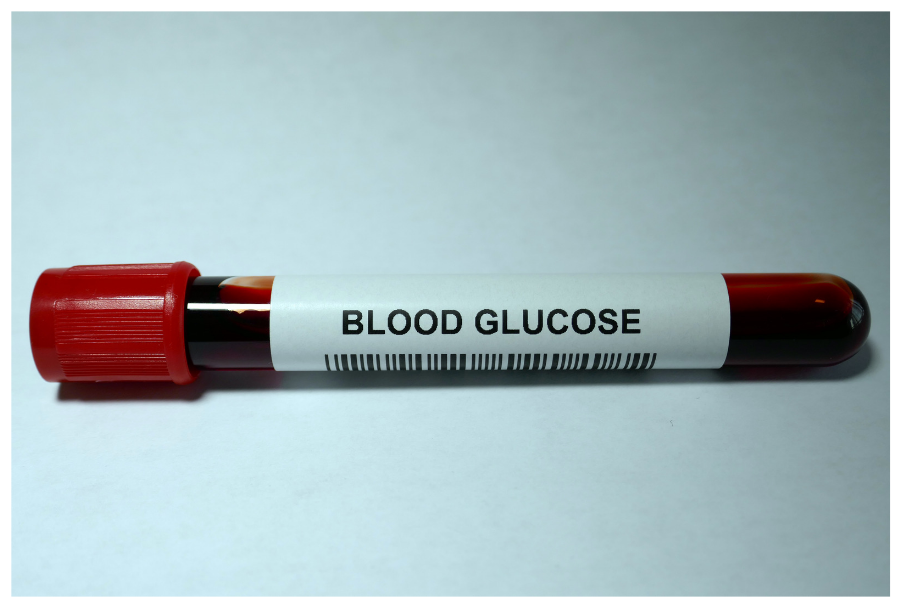
If you don't want to receive this information, please call (03) 8345 3272 or email patientexperience@thewomens.org.au
You’re at 26 weeks now!
This week we remind you about the Glucose Tolerance Test for Gestational Diabetes and discuss informed decision-making, breastfeeding education and support, and pregnancy loss.
Part 1: Things that are relevant to your pregnancy now

As discussed in week 22, Gestational Diabetes Mellitus (GDM) is a form of diabetes that may occur during pregnancy. Around 10-15 per cent of pregnant people will get gestational diabetes (GDM) between the 24th and the 28th week of pregnancy, sometimes earlier. It usually goes away after the baby is born.
It is recommended that you be tested for gestational diabetes at around 26-28 weeks of your pregnancy unless you have already been diagnosed with diabetes.
An oral Glucose Tolerance Test is used to check for elevated blood sugars. For this test you will need to:
- bring your pathology slip with you to the hospital (provided at previous appointment)
- fast from midnight the night before - that includes no eating, no chewing of food including gum, and no smoking
- have your first blood test
- then have a glucose drink supplied by pathology
- remain fasting (that is, not eat or drink anything)
- have two more blood tests an hour or so apart.
This test will take approximately two hours to complete, and we ask you to remain in the hospital for that time.

For more information about gestational diabetes see the Women’s website or Diabetes Australia.
Part 2: Things to consider

It is important to remember that you have rights and responsibilities which may include asking questions or refusing treatment for you or your baby.
We encourage you to ask questions and discuss options with your healthcare providers. Where possible, we also encourage you to take some time to make any decisions about your or your baby’s care.
To help you understand the informed consent process, we suggest using the BRAINS tool for decision-making. BRAINS stands for:
|
B |
What are the potential benefits to me or my baby of this procedure, care, or medication? |
|
R |
What are the potential risks to me or my baby of this procedure, care, or medication? |
|
A |
Are there any alternatives to this procedure, care, or medication? |
|
I |
What does my intuition or instinct tell me about this decision? |
|
N |
What happens if I do nothing? Does this need to happen now? |
|
S |
Ask for support in gathering more information. Ask for space and privacy to discuss this with your partner. |


The Women’s is a Baby Friendly Accredited hospital and follows the World Health Organisation’s 10 steps for successful breastfeeding.
We know that breast milk provides all the nutrition your baby needs for the first six months of life. It also provides a big part of your baby’s nutritional requirements throughout the first year and beyond.
In our Health Information section, you will find loads of information about breastfeeding, including:
- why breastfeeding is important
- tips for breastfeeding success
- good feeding practices
- how to breastfeed.
A healthy baby will show signs or cues when they are hungry. With time and practise, you can learn to follow your baby's hunger cues. For more information about baby feeding cues, see Queensland Health's Baby feeding cues (signs) PDF.
If you choose not to breastfeed or offer breast milk, information on formula feeding will be discussed with you individually, and educational support provided.

Lactation consultants are available to support you, in hospital or after discharge. Our Breastfeeding Service provides evidence-based advice and support to families who have given birth at the Women’s. The Breastfeeding Service can also assist you if your baby is in our Newborn Intensive Care Unit (NICU).
Other support services
- ABA Helpline (Australian Breastfeeding Service): 1800 686 268
- MCH Helpline (Maternal Child Health): 13 22 29
- To find a lactation consultant visit LCANZ (Lactation Consultants Australia & New Zealand).

There are many unexpected situations that may arise as a pregnancy progresses. These may include, but are not limited, to:
- vaginal bleeding
- placental abruption
- miscarriage
- high blood pressure
- pre-eclampsia
- low lying placenta
- breech lying position
- premature labour and birth
- gestational diabetes
- induction of labour
- caesarean section birth.
It would be impossible to cover all these topics here, however, the Health Information section of our website covers a number of these topics.
The Women’s is constantly working towards providing quality information that focuses on your individual needs and your doctor or midwife can provide more information if you need it.

Pregnancy loss can occur at any time, from very early in the pregnancy too soon after birth. Despite advances in medicine and technology, a small percentage of pregnancies end prematurely, often for unknown reasons.
Regardless of when the loss happens, each loss is unique. Bereaved parents will react in their own individual ways.
Our staff will provide support by ensuring privacy, enabling parents and families to spend time with their baby, taking photos, helping to bathe the baby, and answering questions. We aim to respond to the needs of parents and their families at this time.
We offer specialist bereavement services including:
- crisis counselling
- information about what may need to happen after the loss, for example, burial/funeral arrangements; medical examinations (post-mortem) to determine the cause of death/loss
- practical support and referral to community support as needed.
We encourage parents to take their time in making any decisions after the loss of a baby. We offer families a follow-up visit at the hospital with a senior doctor to discuss any questions or concerns they may have about their care and possible reasons for the pregnancy loss.
We hope you have found this information helpful.
Remember you can go back to previous weeks.
If you have any health concerns, please talk to one of your health care professionals – midwife, General Practitioner (GP), hospital doctor, etc.
There will be more to read and learn next week, in week 27. Stay safe and well.